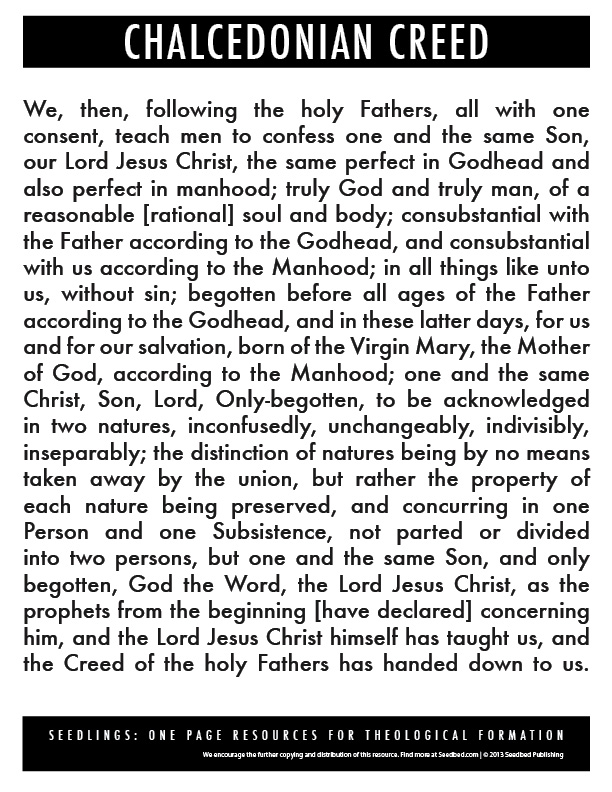History
The Council of Nicea (325) established the official doctrine of the Church on the divinity of Christ; it has been established that he is a member of the Trinity, which must be worshipped; Jesus Christ is, as they say, of a substance with the Father, there should be no doubt whether Christ had a lesser degree of divinity than that of the Father.
- The Council of Chalcedon.
- The fourth ecumenical council of the Church.
- Specifically dealt with the relationship between this second divine person of the Deity and the human person of Jesus Christ.
- The Council asked: Has God become a man?.
Some 370 members gathered in Chalcedony in October 451 to develop a coherent Christological position that would repudiate Nestorian heresy (which defended the existence of two people in Christ) and, on the other hand, Eutiquian heresy (which reduced Christ to nature).
The Creed of Chalcedon describes the incarnation of the second person of the Trinity by denying that a man has become God or that God has become a man. There was no confusion or absorption between the divine nature of Christ and his human nature. They both stay apart. Similarly, the incarnation is not simply the divine abode of a human being or a connection between two people, but the Creed affirms that there is a true union between the divine and human natures that exist in personal life: the life of Jesus of Nazareth.
The Commission also maintained a clear distinction between notions of person and nature, in this sense it is said that Jesus has a divine nature and a human nature, although he is one person, Jesus had everything necessary to be divine and all that needed to be human, albeit without sin. The second person of the Trinity did not assume a human person (which would be an addiction), but a human nature.
By clearly delineating these precise points of theology, the Council of Chalcedon has in no way mitigated the mystery of the incarnation.
The Creed of Nicea claimed that Jesus Christ became man “for us and for our salvation. “However, without the truths expressed in the Creed of Chalcedon, our salvation would be impossible. If Christ were not completely human, or if he were not completely divine, could he not mediate?like Man-God, he’d just be another man or himself. As Anselmo said in his famous Cur Deus Homo? (Why man-God?), Since sin is an affront to God, then man’s payment cannot satisfy him. it must come from God Himself, yet only humans are guilty of the penalty of sin, that is, men must do so, but only God can correct the injustice committed, it was in the person of Jesus Christ, who was fully God and man, that this satisfaction was realized and our salvation was fully obtained.

